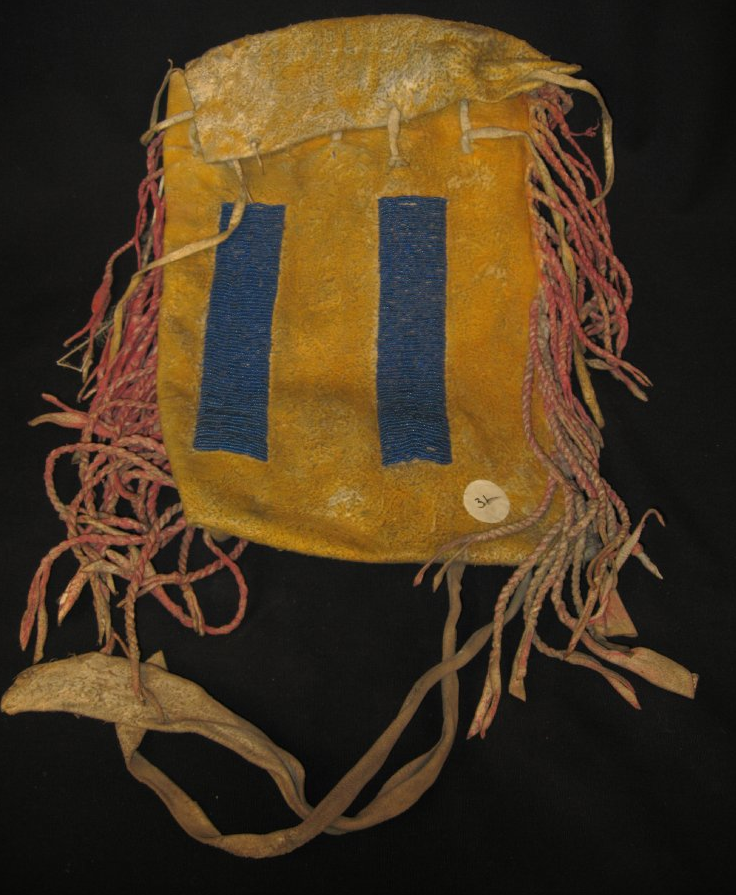Article
Manitoba and Confederation
Canada’s fifth province, Manitoba entered Confederation with the passing of the Manitoba Act on 12 May 1870. The Assiniboine, Dakota, Cree and Dene peoples had occupied the land for up to 15,000 years. Since 1670, it was part of Rupert’s Land and was controlled by the Hudson’s Bay Company. The Canadian government purchased Rupert’s Land at the behest of William McDougall, Manitoba’s Father of Confederation. No residents of the area were consulted about the transfer; in response, Louis Riel and the Métis led the Red River Resistance. It resulted in an agreement to join Confederation. Ottawa agreed to help fund the new provincial government, give roughly 1.4 million acres of land to the Métis, and grant the province four seats in Parliament. However, Canada mismanaged its promise to guarantee the Métis their land rights. The resulting North-West Resistance in 1885 led to the execution of Riel. The creation of Manitoba — which, unlike the first four provinces, did not control its natural resources — revealed Ottawa’s desire to control western development.






